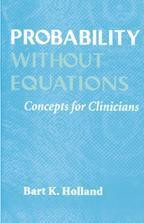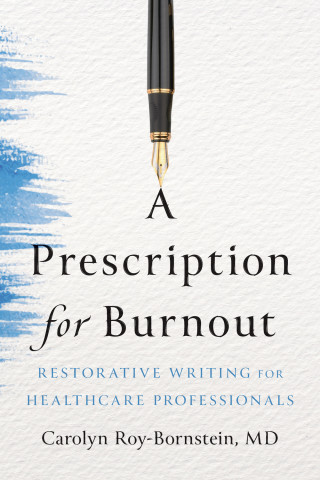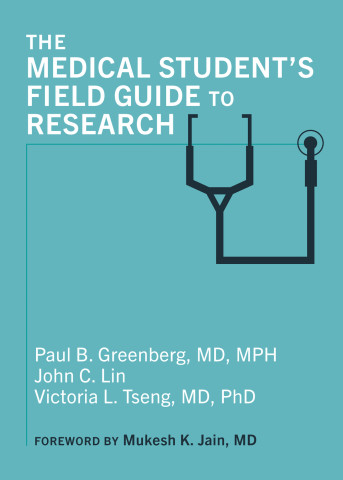An award-winning teacher gives a non-technical explanation of the probability and statistics needed by physicians to interpret laboratory results.
Although few physicians, nurses, dentists, and other health professionals perform laboratory tests themselves, they all need to be able to interpret the results as well as understand findings reported in the medical literature. A general understanding of probability and statistics is essential for those needing to make daily decisions about the significance of research data, drug interaction precautions, or a patient's positive laboratory test for a...
An award-winning teacher gives a non-technical explanation of the probability and statistics needed by physicians to interpret laboratory results.
Although few physicians, nurses, dentists, and other health professionals perform laboratory tests themselves, they all need to be able to interpret the results as well as understand findings reported in the medical literature. A general understanding of probability and statistics is essential for those needing to make daily decisions about the significance of research data, drug interaction precautions, or a patient's positive laboratory test for a rare disease.
Written with these needs in mind, Probability without Equations offers a thorough explanation of the subject without overwhelming the reader with equations and footnotes. Award-winning teacher Bart Holland presents a nontechnical treatment of intuitive concepts and presents numerous examples from medical research and practice. In plain language, this book explains the topics that clinicians need to understand:
• Analysis of variance
• "P-values" and the "t-test"
• Hazard models
• Regression and correlations
• Alpha and beta errors
"The Nobel prize-winning physicist Ernest Rutherford was fond of saying that if you need statistics to analyze the results of an experiment, you don't have a very good experiment. In a way he was right. However, a recurrent problem in medicine is that in a certain sense you commonly don't have a good experiment—but not because medical research scientists are generally incompetent! The nature of the data they work with is simply not as predictable as the data in some other fields, so the predictive nature of findings in medical science is generally rather imperfect."—from the introduction






